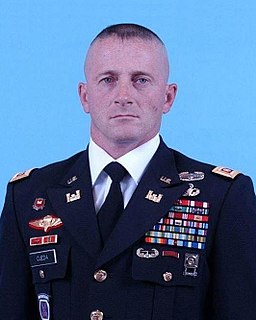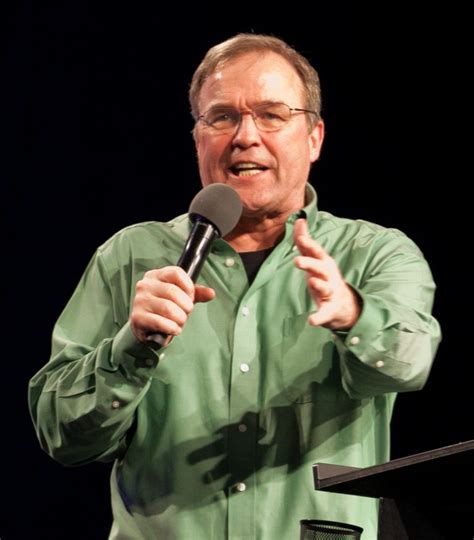A Quote by David Platt
On popular issues like poverty and slavery, where Christians are likely to be applauded for our social action, we are quick to stand up and speak out. Yet on controversial issues like homosexuality and abortion, where Christians are likely to be criticized for our involvement, we are content to sit down and stay quiet.
Related Quotes
It is certainly true that conservative Christians are much more likely to doubt the reality of climate change than mainline Christians or the unaffiliated. But when we control for political affiliation and for the important role of thought leaders in determining our opinions on social issues such as climate change, most of the faith-related bias disappears.
Stand up for our sick. Stand up for our veterans. Stand up for the elderly. Protect things like Social Security. Stop allowing people to stick their hands in the cookie jar. Create opportunities for people who live in poverty to elevate themselves out of poverty with a hand up, not a hand out. That's what being a Democrat is!
I think that as Christians we want to think Christianly, and that means that we want what the Bible says as a rule for life and living to impact every aspect of our life. The Bible informs us of such issues and we need to as Christians do what a first century church did and that is realize that we are not living to be politically correct, popular, or prosperous, but we 're living with eternity in mind.
We need to start identifying the triggers that aggravate mental health issues in our society - bullying, social media negativity and anxiety, gender based violence, substance abuse, stigma around issues such as maternal issues, etc., and we need to speak up about these more and get to the source of the problems.
And while we stand with conviction and courage, we must live with compassion. Amid a world with massive social needs around us, ranging from desperate poverty and orphan crises and millions of girls being trafficked for sex, to the degradation of marriage and the abortion of babies, we need to speak and act with selfless love on all of these issues.
Real people live with, you know, being Christians with cancer, Christians with AIDS, and Christians coming back home with limbs missing from war, and Christians being evicted, and Christians losing their homes. And if you don't paint that picture, too, then I think that you are misrepresenting what the faith really can look like.



































